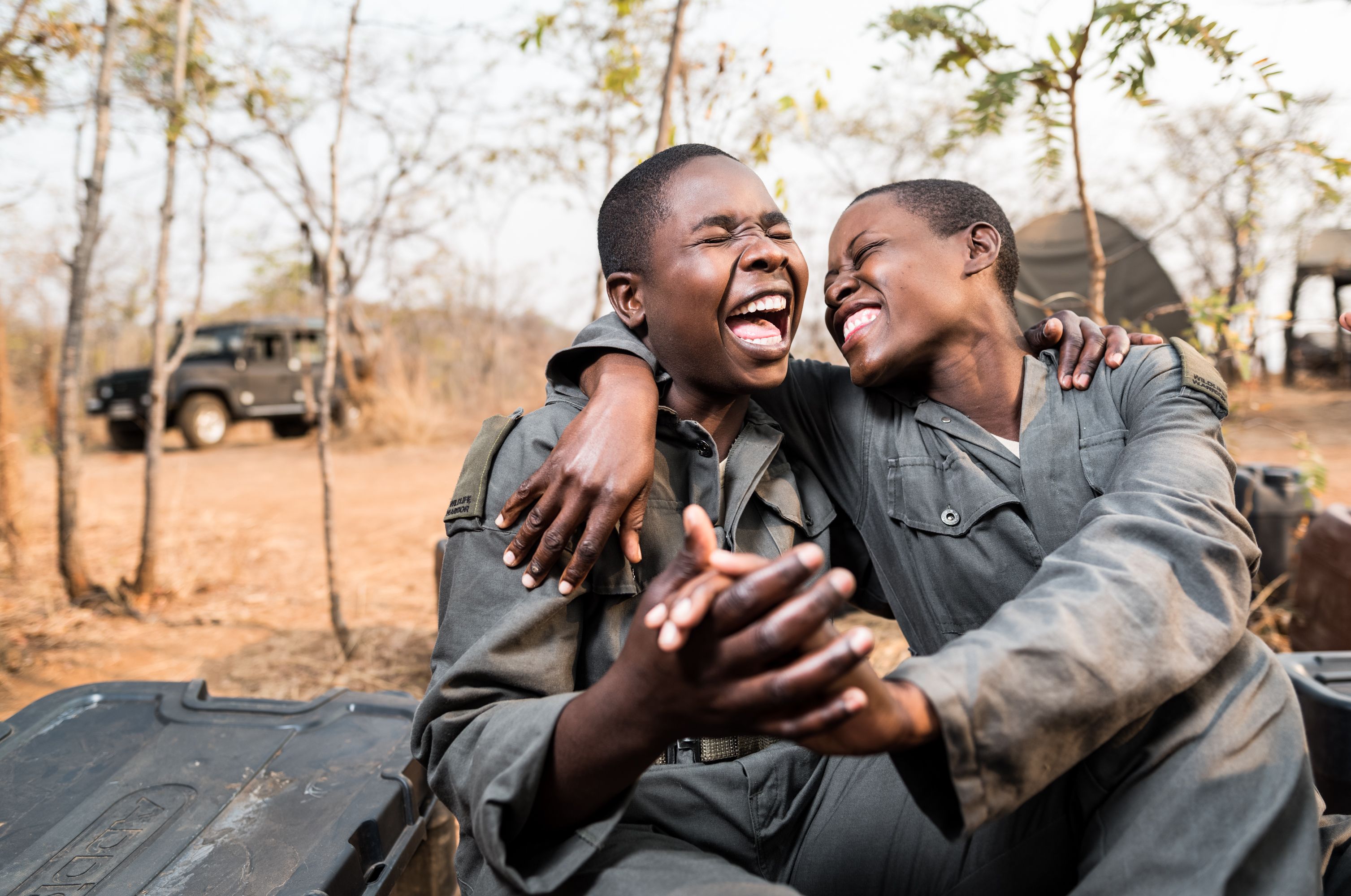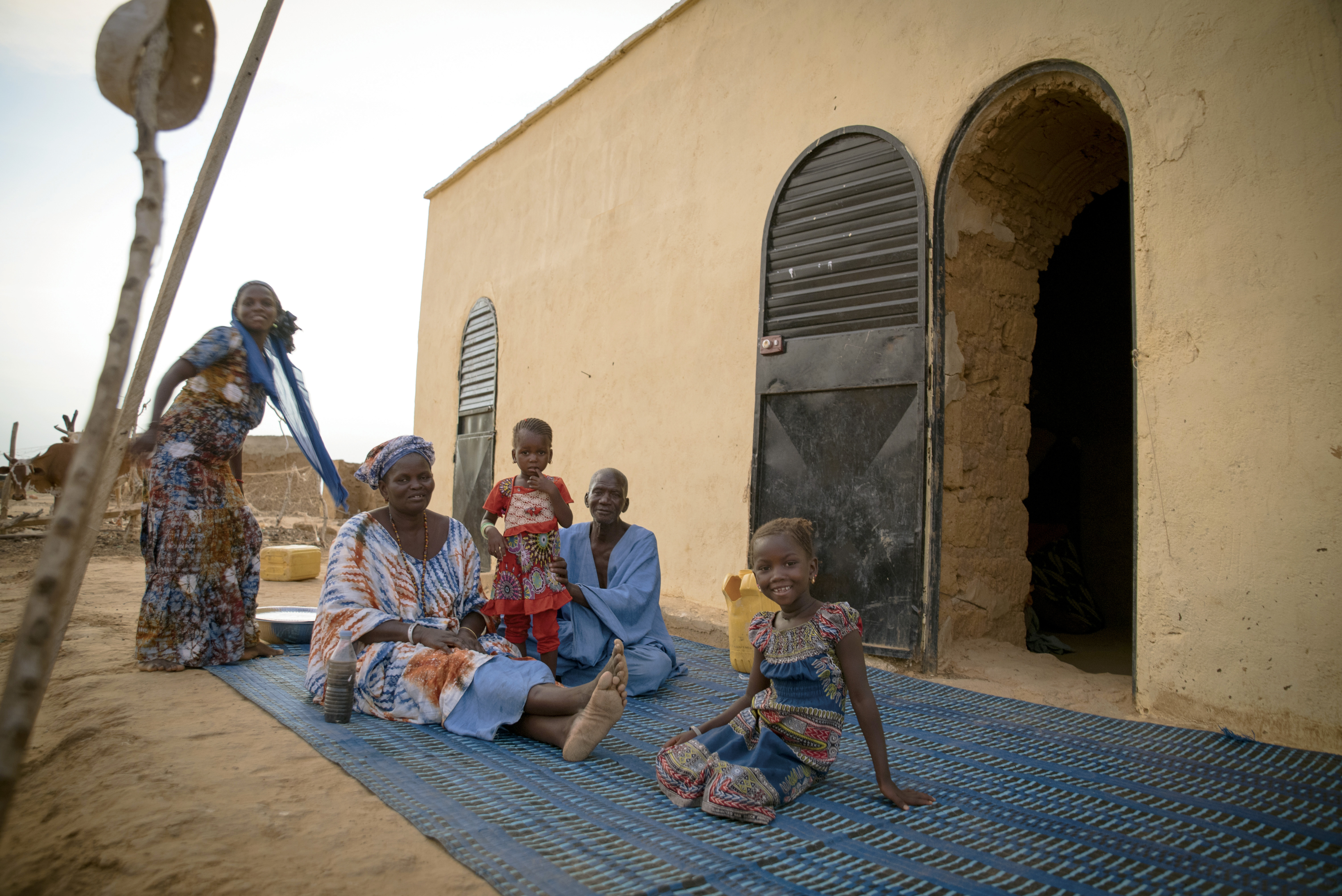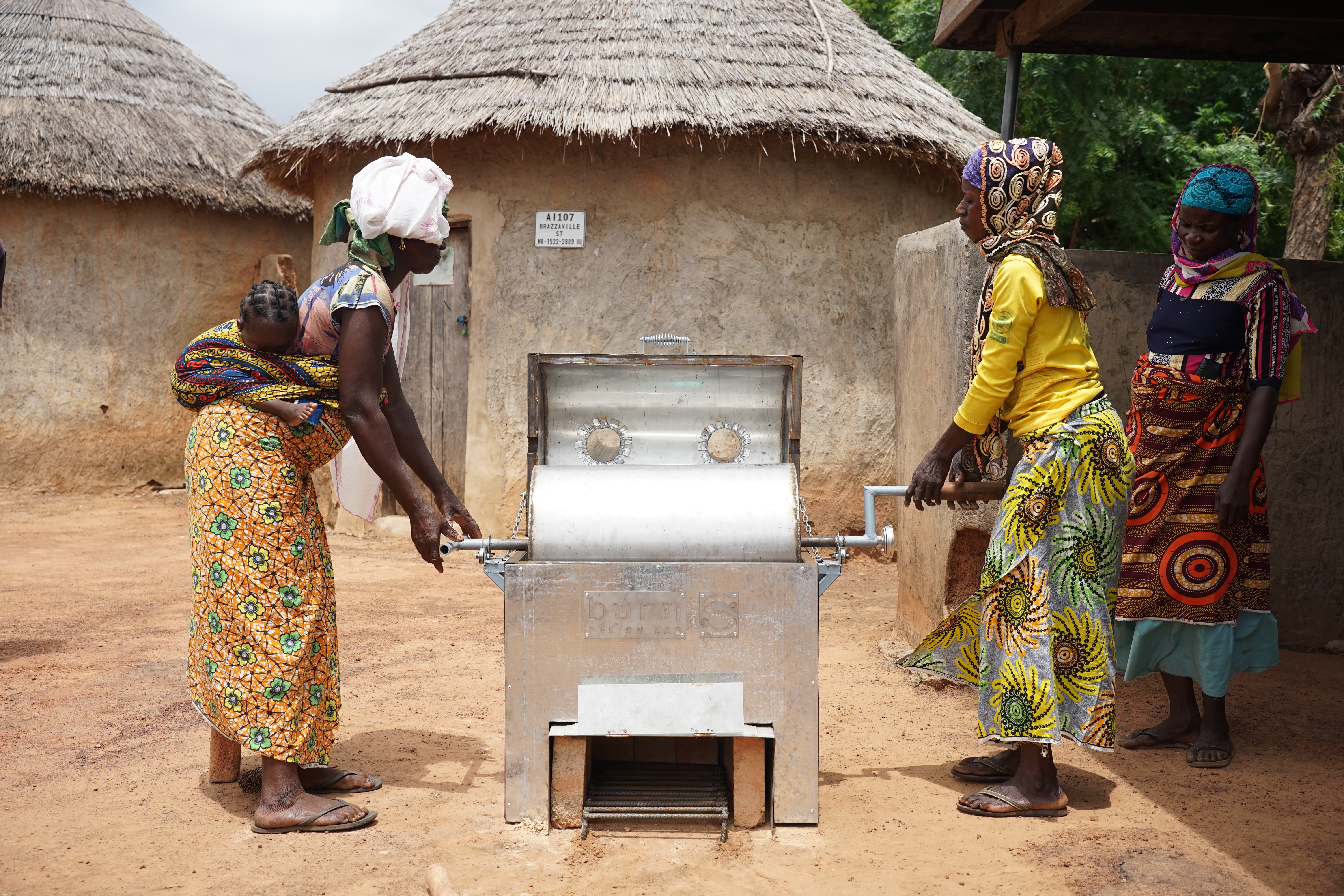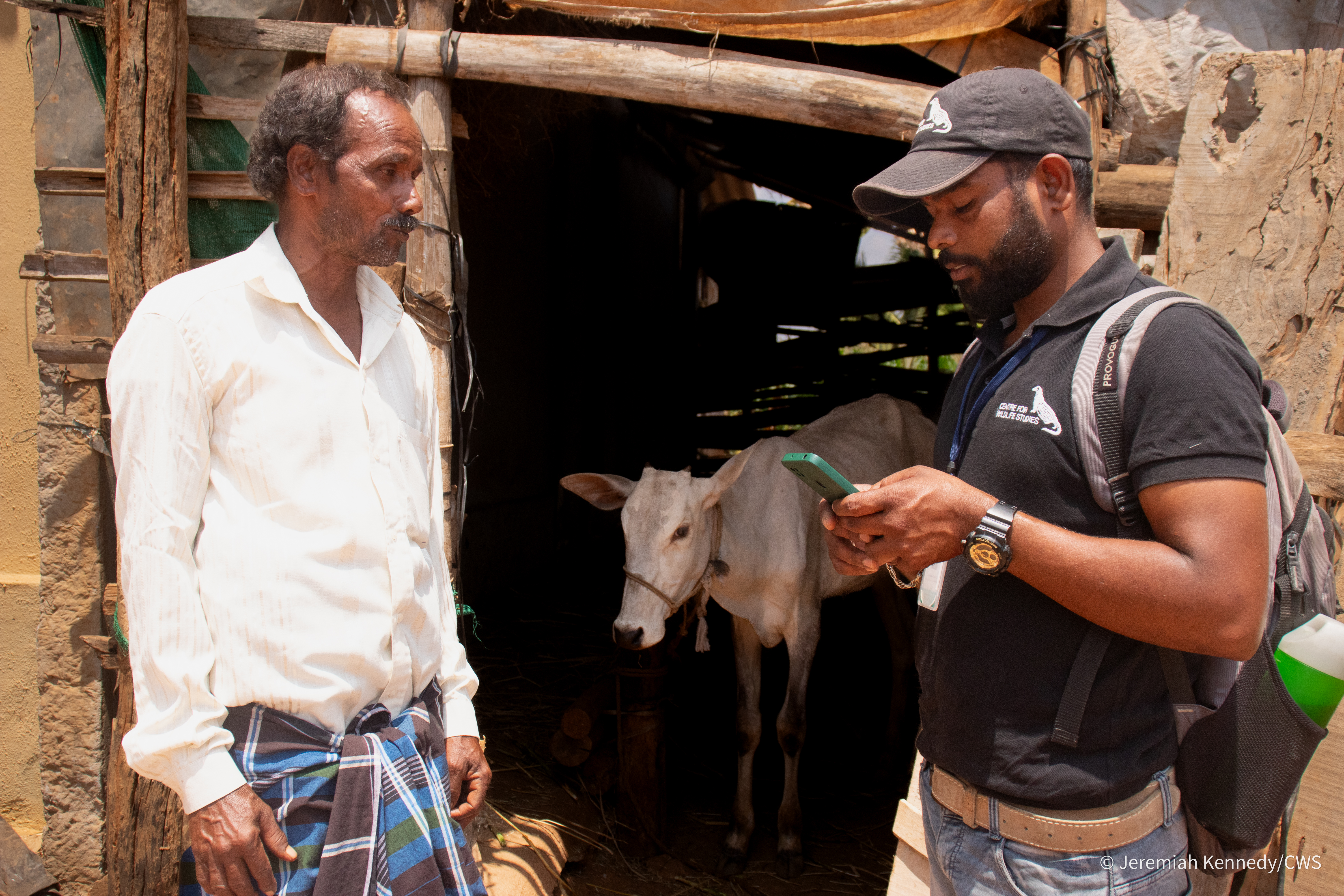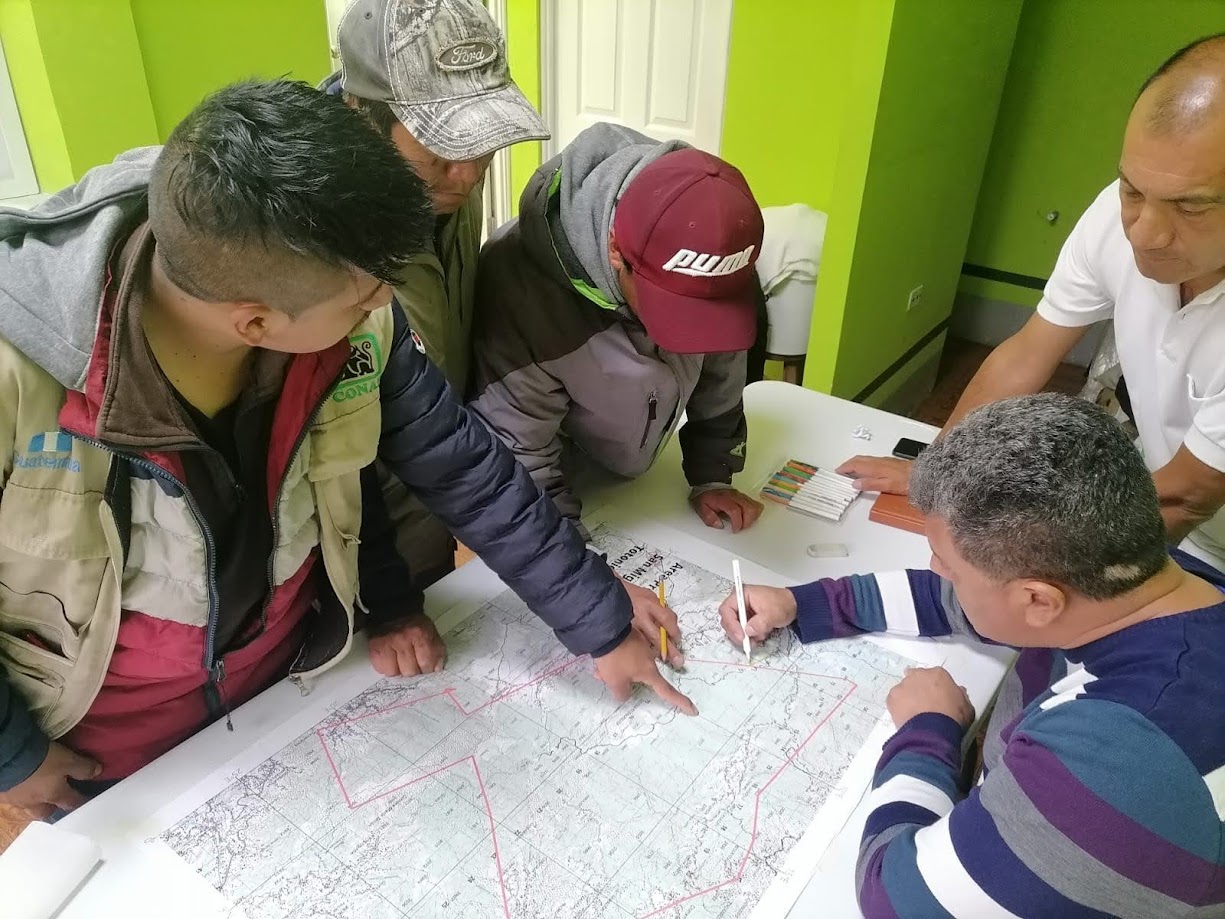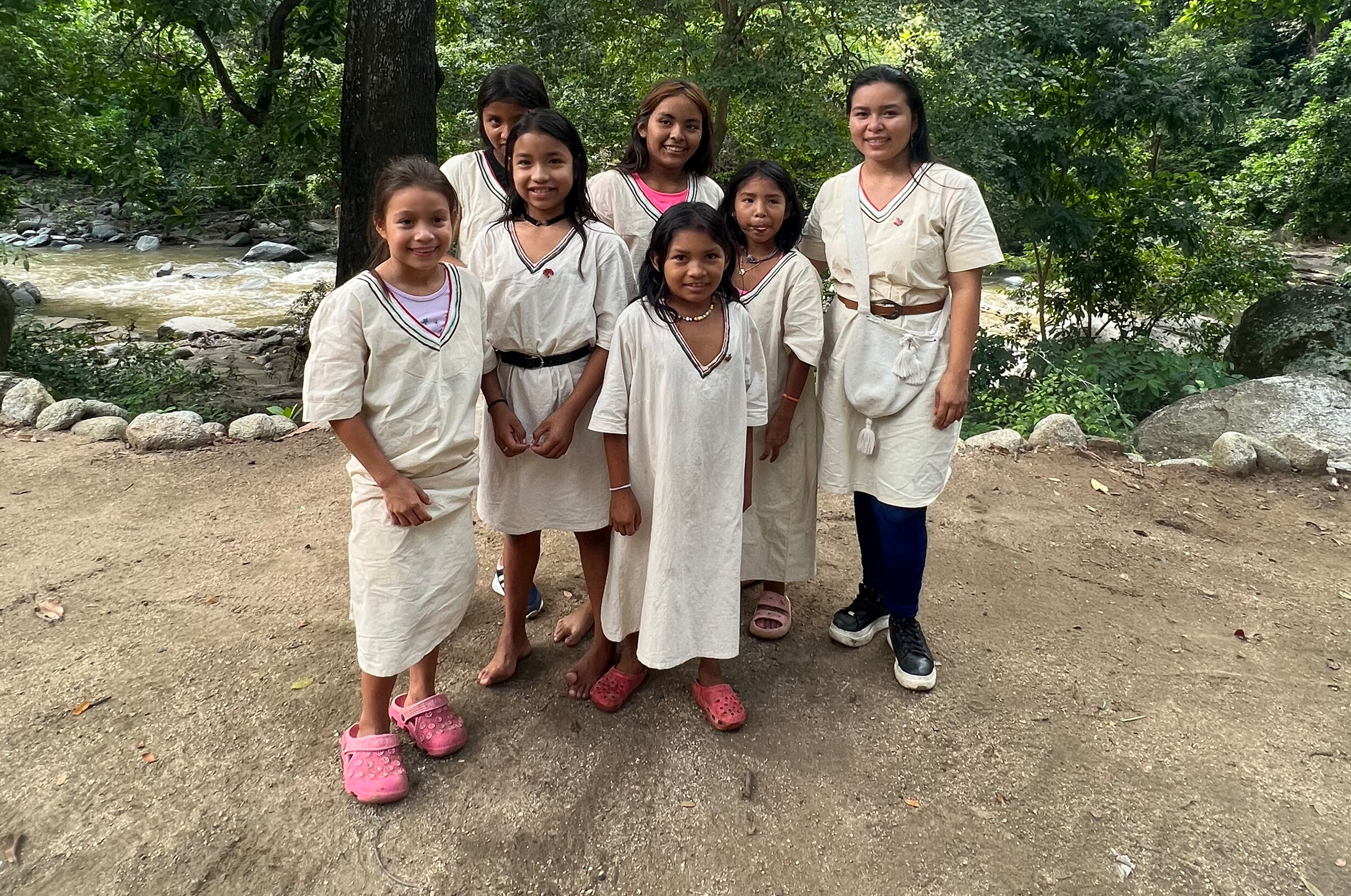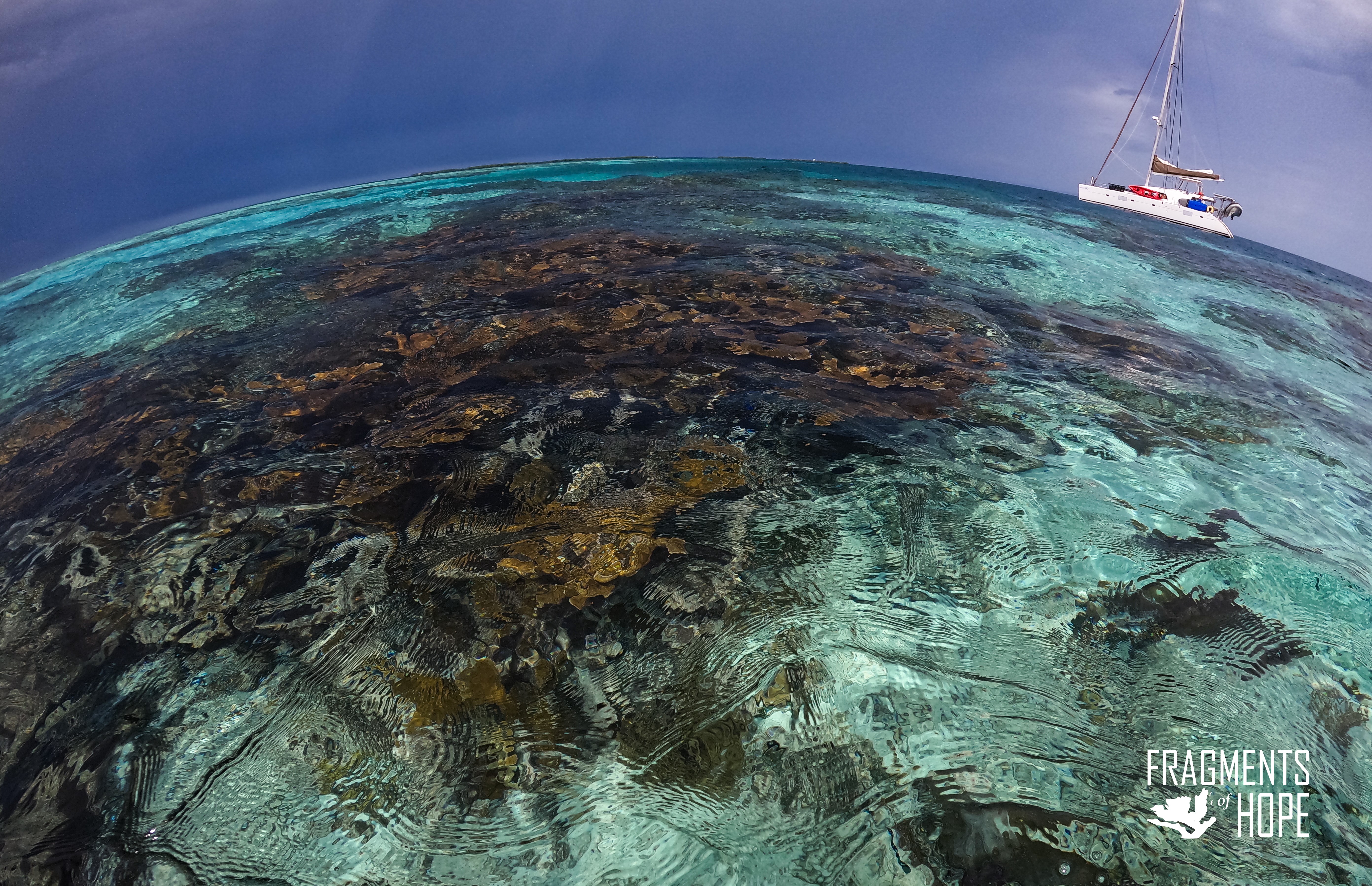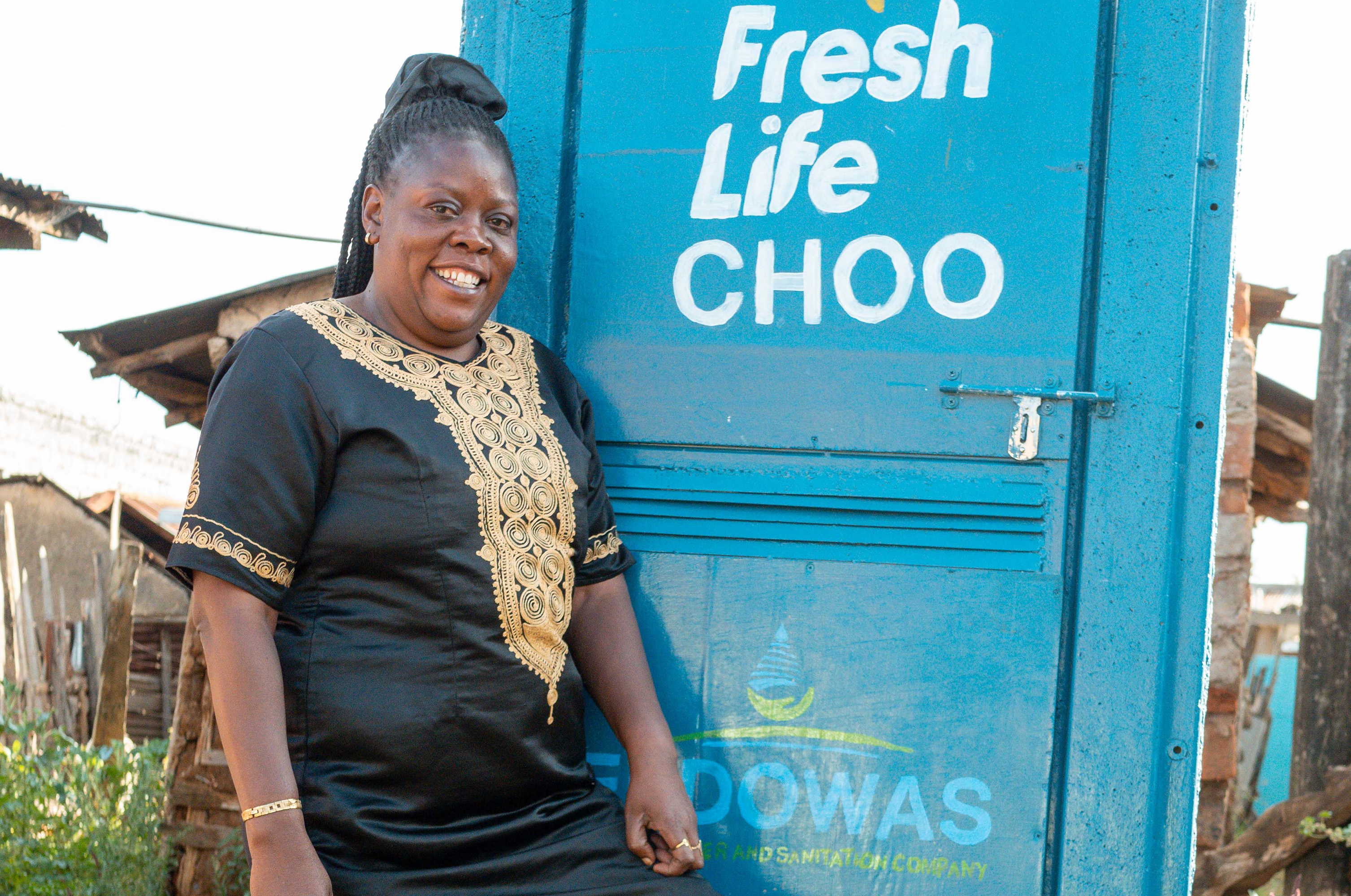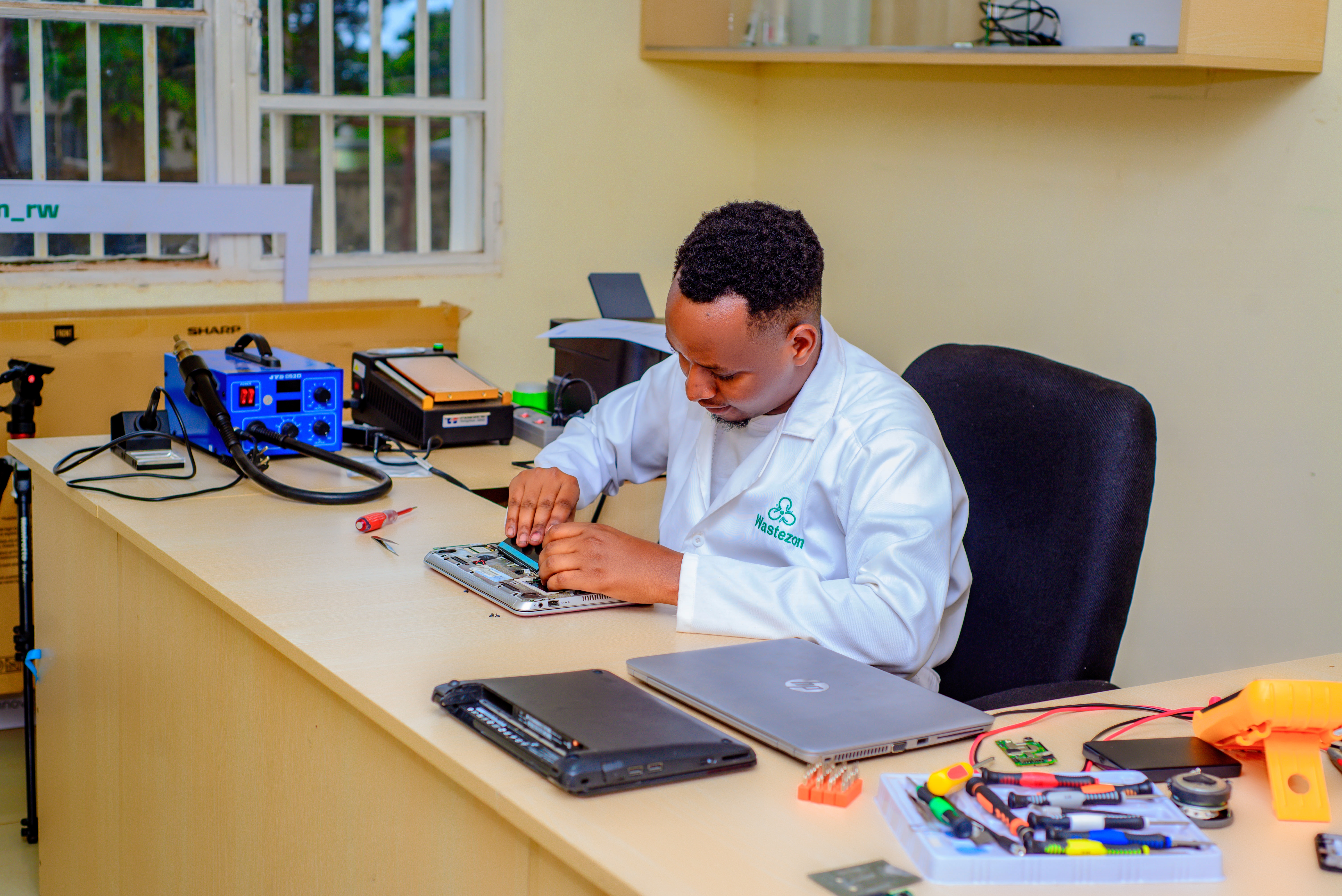Bridging the Gap Between the Environmental and Social Impacts of Climate Change
In our second year focusing F5’s annual Tech for Good grants on climate justice, we received nearly 300 grant applications from nonprofits around the world. Each nonprofit described a wide range of the environmental and social impacts of climate change, but the through line in each application was clear: it is the most vulnerable populations contributing the least to climate change that bear the highest cost.
Our largest-ever F5 grant selection committee of 35 employees from 11 different countries pored over each of these applications. They sought the best examples where a $50,000 USD grant to invest in technology could help accelerate the work these nonprofits take on and would specifically tackle the climate challenges that have an outsized impact on people of color and marginalized racial and ethnic communities.
The result is our class of 10 2024 Tech for Good grant partners, representing regions as diverse as Central America to West Africa, and issues as consequential as sustainable agriculture to affordable housing. Below is a description of each, with their specific plans to apply this grant to technology solutions. F5 is proud to play even a small part in advancing their important work.
2024 Tech for Good Grant Partners
Zimbabwe, Mozambique, Botswana, Namibia
Mission: Akashinga takes a female-led approach to protect wildlife and habits, working with local communities to safeguard wildlife from the devastating impact of poaching and protect millions of acres of rich biodiversity across Africa.
How the grant will be used: Purchase the computers, monitors, smart phones, and tablets needed to track real-time wildlife movements and coordinate antipoaching initiatives; implement software training for volunteers.
Burkina Faso, Mali, Benin, Ghana, Senegal
Mission: Association la Voûte Nubienne is working to solve the housing crisis for millions of poor people across five West African countries by building affordable, sustainable housing made of mud bricks and mortar at a time when bush timber is disappearing.
How the grant will be used: Scale the production of sustainable housing by developing a new software module designed to help masons produce building quotes, consult plan libraries, and manage their budgets.
Ghana, Kenya, Uganda, Sierra Leone, Mozambique, Madagascar, Democratic Republic of the Congo, Haiti
Mission: Burn Design Lab designs clean burning cookstoves that produce fewer emissions and require less fuel, reducing deforestation and promoting the economic empowerment of women in the developing world.
How the grant will be used: Expedite the development of new stove designs through better CAD software and a large format 3D printer, ultimately reaching a greater number of the 3 billion people who rely on wood and charcoal for cooking fuel.
India
Mission: Centre for Wildlife Studies is working to safeguard and conserve India’s rich and diverse wildlife heritage through cutting-edge research, effective conservation strategies, and community engagement.
How the grant will be used: Consolidate data collection and analysis through the development of a single platform that will enable the nonprofit to better evaluate and replicate successful programs.
Guatemala, Honduras, and Mexico
Mission: EcoLogic Development Fund empowers rural and Indigenous Peoples to restore and protect tropical ecosystems in Central America and Mexico.
How the grant will be used: Purchase GPS units, computing equipment, and support materials to monitor real-time land use changes and combat issues such as forest fires and deforestation.
Colombia
Mission: Environmental Women is an ecofeminist organization in the Colombian Andean mountains focused on fighting climate change, conserving biodiversity, and promoting environmental justice through gender equality.
How the grant will be used: Implement a sustainable energy and water project for the Narakajmanta Indigenous community in the Colombian Andean mountains, which will reduce gender violence exacerbated by climate change for 300 women, girls, and Indigenous LGTBQ+ Narakajmanta people.
Belize
Mission: Fragments of Hope is focused on restoring coral reef habitats and advocating for the sustainable management of associated habitats in Belize.
How the grant will be used: Obtain drones, computers, software, and other equipment to more easily calculate changes in coral cover in multiple areas throughout Belize.
Papua New Guinea, Brazil, Peru, Indonesia, Suriname
Mission: People’s Planet Project aims to assist Indigenous communities in their battle against deforestation through the use of video technology and geospatial data.
How the grant will be used: Obtain geospatial technology including satellite imagery, GIS mapping, and data analysis tools to help Indigenous people of Papua New Guinea further understand, monitor, and manage their ancestral lands and marine resources as they defend their human rights.
Kenya
Mission: Fresh Life, a founding partner of Sanergy Collaborative, works with municipalities and urban residents to develop and scale safe, citywide inclusive and financially sustainable non-sewered sanitation solutions in Kenya’s fast-growing cities.
How they will use the grant: Develop the robust mobile apps and data systems needed to scale its network and enhance operational efficiency as Fresh Life continues to deliver high-quality sanitation solutions to the urban poor.
Rwanda
Mission: Wastezon is unlocking digital inclusion and the circular economy in Africa by tapping into e-waste refurbishment to provide low-cost refurbished devices for low-income communities and secondary raw materials for manufacturers.
How the grant will be used: Prevent more e-waste from entering the landfill by expanding the capacity of its mineralogy laser scanner to obtain real-time data on the refurbishment needs of electronic devices.
If you work for a nonprofit organization addressing climate issues that impact people of color and marginalized racial and ethnic communities and wish to be notified when the 2025 F5 Tech for Good grant application opens, please add your contact information here.
To learn more about F5 Global Good, visit our website here.

